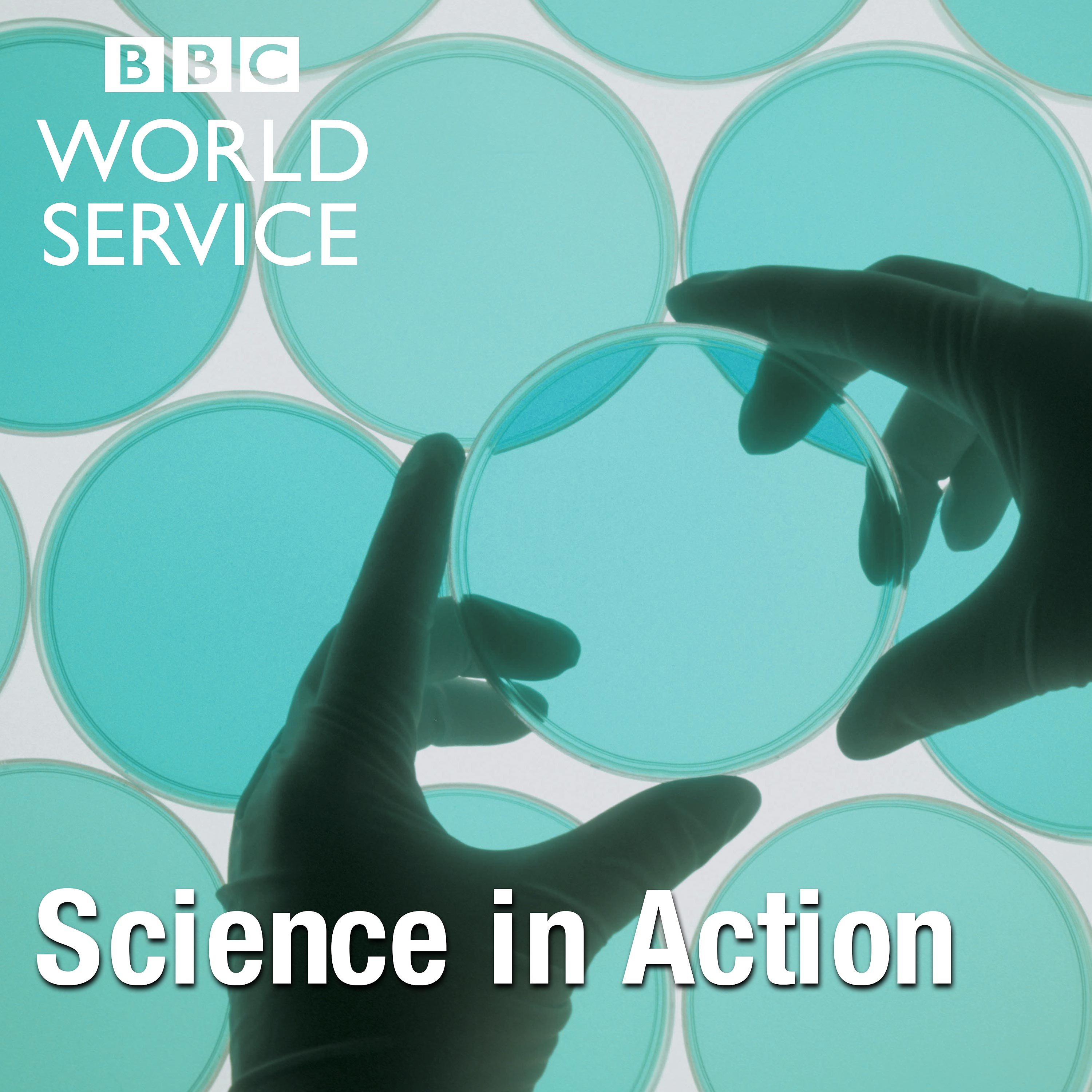
Science In Action
May 15, 2025
In 2015, the World Health Organisation set the goal of eradicating rabies deaths from dog-bites to “Zero by 2030”. A team at the University of Glasgow and colleagues in Tanzania have been assessing the efficacy of dog vaccination schemes for reducing the numbers of human infections over the last 20 years. As Prof Katie Hampson tells Science in Action, in rural areas especially, vaccinating dog populations does work, but you need to keep at it, and not leave patches untouched. It should be funded as a public health measure, rather than a veterinary issue.
Last weekend, the remains of a failed 1972 Soviet mission to Venus landed harmlessly somewhere back on earth. As the BBC’s Maddie Molloy explains, the fears were that the robust lander craft would survive re-entry into earth’s atmosphere as it was originally engineered to withstand the harsh pressures and chemistry of Venus.
How and why then would sketches be emerging of Chinese plans to launch a sample-return mission to Venus in the next decade? Science Journalist Andrew Jones describes some of the challenges they will face collecting droplets of the highly acidic atmosphere somewhere 60km above the surface and turning round to head back to earth.
Why? William Bains of Cardiff University is one of a growing number of scientists interested in exploring some of the more exotic possibilities for complex organic biology in the otherwise destructive sulphuric, hot, dense, low pH clouds they will find. Could a different sort of information-encoding molecular chemistry enable life, though not as we know it?
Presenter: Roland Pease Producer: Alex Mansfield Production Coordinator: Jasmine Cerys George and Josie Hardy
Photo: A domestic dog receives a rabies vaccine during a mass vaccination in Bunda, Tanzania, October 8, 2012. (Chris Sweda/Chicago Tribune/Tribune News Service via Getty Images)

